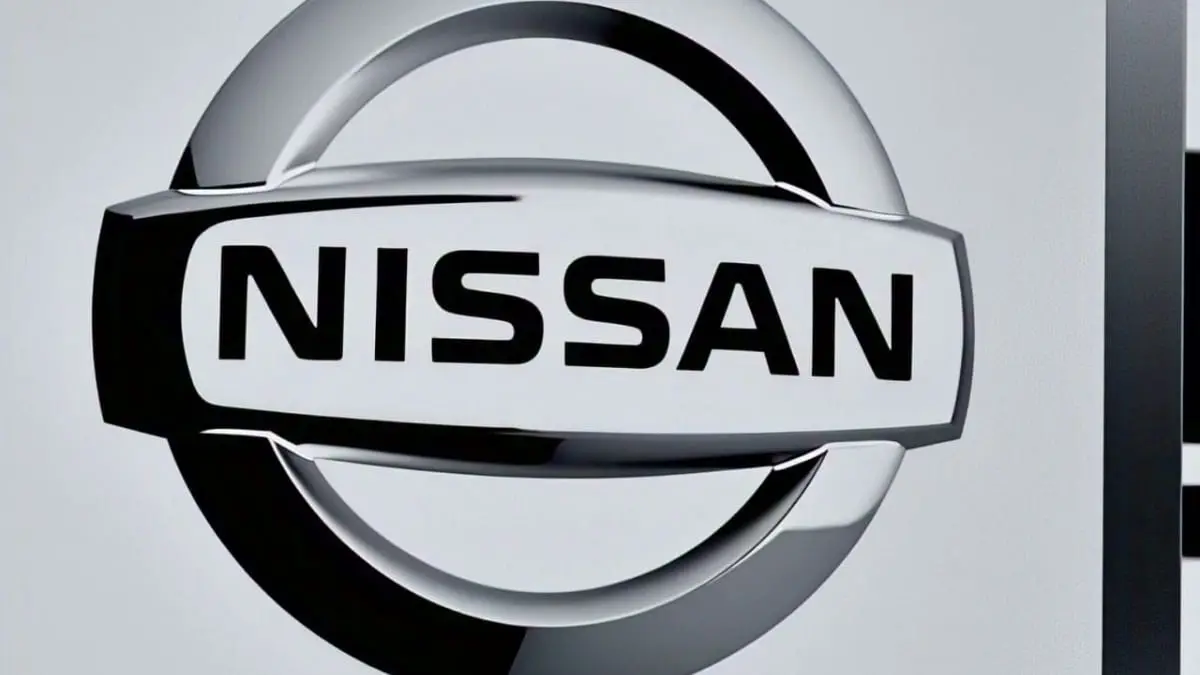Updated 13 May 2025 at 13:44 IST
Nissan to Halt Operations at Select Japan Plants, Plans Over 20,000 Job Cuts
This announcement comes ahead of Nissan’s financial results release for the fiscal year that ended in March. The Tokyo-based firm had earlier cautioned investors about a potential record net loss ranging between 700 billion yen and 750 billion yen (approximately $4.74 billion to $5.08 billion), primarily due to impairment-related charges.
- Republic Business
- 2 min read

In a sweeping overhaul aimed at stemming losses, Nissan Motor Co. is preparing to halt operations at several of its factories in Japan, according to a report by Nikkei on Tuesday. While the company is yet to confirm whether these closures will be temporary or permanent, further details are expected in the coming weeks, as per a Reuters report.
The move is part of a broader restructuring strategy as the Japanese carmaker faces continued challenges, including slumping global sales and mounting financial pressures.
Public broadcaster NHK reported on Monday that Nissan is planning to lay off more than 10,000 workers worldwide. Combined with previously announced cuts, this would bring the total number of job reductions to about 20,000, accounting for nearly 15% of its global workforce.
Advertisement
This announcement comes ahead of Nissan’s financial results release for the fiscal year that ended in March. The Tokyo-based firm had earlier cautioned investors about a potential record net loss ranging between 700 billion yen and 750 billion yen (approximately $4.74 billion to $5.08 billion), primarily due to impairment-related charges.
Japan’s third-largest automaker has been struggling in key markets. In the United States, the company’s ageing product lineup and absence of hybrid models have dented its competitive edge. Meanwhile, its performance in China has also weakened due to sliding sales.
Advertisement
In November, Nissan had announced plans to cut 9,000 jobs and reduce global manufacturing capacity by 20%. The latest wave of layoffs adds to that effort, as the company accelerates its turnaround under the leadership of Ivan Espinosa, who stepped in as CEO last month.
“Nissan is implementing urgent measures to stabilise operations and is considering every available option to improve its financial performance,” the automaker said in a statement.
As part of the restructuring, Nissan Motor Company has earmarked ¥150 billion ($1.1 billion) electric vehicle battery plant in Kyushu have been shelved. The facility, which was expected to generate around 500 jobs and commence production by 2028, was scrapped due to concerns over the return on investment.
Published By : Avishek Banerjee
Published On: 13 May 2025 at 13:44 IST
